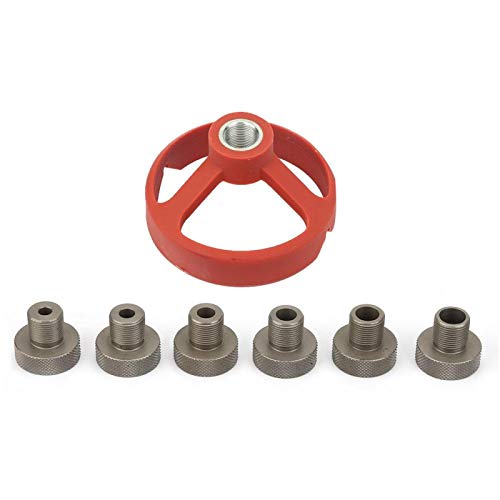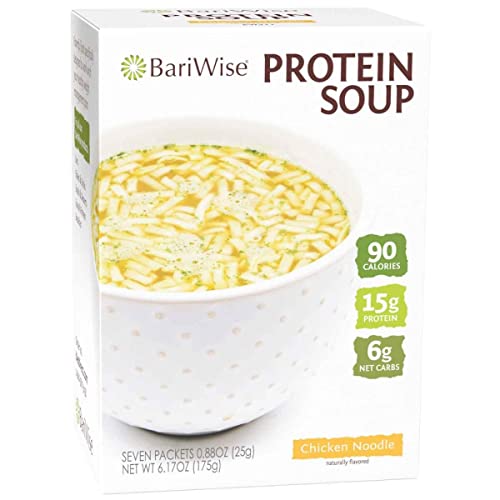bearmom
Well-Known Member
- Joined
- Jan 6, 2014
- Messages
- 980
Yes, this is one of my favorite subjects. I originally started reading about it when there was a study that linked obesity (or thinness) to our gut flora, but there have been studies that continue to link good flora to things like brain function and production of vitamins and fat storage, and bad flora to things like cancer.
I currently hope to get oxalobacter formigenes to help with kidney stones, but since I can't buy that strain in a supplement, then I eat naturally fermented foods to get as large a variety as possible in hopes of getting O forigenes, or a strain that has similar oxalate metabolizing properties. Here is a list I'd compiled and have posted before, but if you haven't tried any of these foods, something may be a useful addition to your diet.
I also hope to keep my gut so full of beneficial strains, that some of the less helpful types that say, cause stinky gas, don't get a good foothold. We can get overgrowths of bacteria in the pypassed limb (you will know by your smell), and which may cause a need to wipe the slate clean using an antibiotic like flagyl, but then it's important to make sure you repopulate with some more beneficial flora.
We all know yogurt can have probiotics, but many fermented foods are great sources, and the more strains, the better. If you want to try to get some probiotics in your diet, the foods of course cannot be pasteurized or homogenized or heat treated in a way that kills the proboitics.
Because these practices were started to keep us from poisoning ourselves, it's important to follow the rules closely if you make any of these yourself, or only buy from a trusted source. I've been lucky enough to find several near me that sell at a local food distributor, and a farmers market.
Foods you may want to try for probiotics:
natto - Fermented beans, and more common in Japan. It has several health benefits in addition to the probiotics, but the one most interesting to me is it's high vitamin K. I have found it in the frozen food section at the Asian market. Sadly, I can't get past the pungent smell and texture.
sauerkraut This would be the stuff made in brine, not vinegar. In addition to the probiotics, it also has digestive enzymes and vitamin C. Before I found it locally, I ordered raw organic sauerkraut from Amazon.
kimchi is sort of like the Korean version of saurkraut. More seasonings than saurkraut, and usually spicy. This can be made with a type of cabbage, or other vegetables, so it's not surprising that it has a variety of vitamins in addition to the probiotics. I get this at an Asian market, and she makes several varieties, including a wussy one for me, with very little red pepper, and lots of garlic.
miso Most of us have had this as soup, but I season other foods with it as well. Miso soup with egg or seaweed was a staple for me when I was freshly post op, and drank most of my food. In addition to probiotics, miso has readily absorbable protein, B12, zinc, copper and manganese. You can find miso in pretty much any grocery store.
tempeh This is also from soybeans, but originated in Indonesia. This is another one I'm not super keen on, as it has hint of ammonia smell till it's cooked (supposedly nutty flavor with a meatlike texture) but the thing is, over cooking these probiotic loaded foods, kills off the probiotics, so I don't bother with tempeh. I only like it deep fried in Asian cuisine, which I'm sure has negated the benefits. This also has highly digestible protein, and doesn't have the high sodium that some of the other things do, if that's and issue for you.
kefir I think this is more common in European countries, but we are catching up. It's fermented cow, goat or sheep's milk, and tastes like liquidy yogurt. The fermentation breaks down the lactose in the milk, so this is usually OK for the lactose intolerant. In addition to the probiotics and protein, there are some interesting things being looked at (animal studies so far) as far as kefiran having anti-tumor and anti-inflammatory properties.
I currently hope to get oxalobacter formigenes to help with kidney stones, but since I can't buy that strain in a supplement, then I eat naturally fermented foods to get as large a variety as possible in hopes of getting O forigenes, or a strain that has similar oxalate metabolizing properties. Here is a list I'd compiled and have posted before, but if you haven't tried any of these foods, something may be a useful addition to your diet.
I also hope to keep my gut so full of beneficial strains, that some of the less helpful types that say, cause stinky gas, don't get a good foothold. We can get overgrowths of bacteria in the pypassed limb (you will know by your smell), and which may cause a need to wipe the slate clean using an antibiotic like flagyl, but then it's important to make sure you repopulate with some more beneficial flora.
We all know yogurt can have probiotics, but many fermented foods are great sources, and the more strains, the better. If you want to try to get some probiotics in your diet, the foods of course cannot be pasteurized or homogenized or heat treated in a way that kills the proboitics.
Because these practices were started to keep us from poisoning ourselves, it's important to follow the rules closely if you make any of these yourself, or only buy from a trusted source. I've been lucky enough to find several near me that sell at a local food distributor, and a farmers market.
Foods you may want to try for probiotics:
natto - Fermented beans, and more common in Japan. It has several health benefits in addition to the probiotics, but the one most interesting to me is it's high vitamin K. I have found it in the frozen food section at the Asian market. Sadly, I can't get past the pungent smell and texture.
sauerkraut This would be the stuff made in brine, not vinegar. In addition to the probiotics, it also has digestive enzymes and vitamin C. Before I found it locally, I ordered raw organic sauerkraut from Amazon.
kimchi is sort of like the Korean version of saurkraut. More seasonings than saurkraut, and usually spicy. This can be made with a type of cabbage, or other vegetables, so it's not surprising that it has a variety of vitamins in addition to the probiotics. I get this at an Asian market, and she makes several varieties, including a wussy one for me, with very little red pepper, and lots of garlic.
miso Most of us have had this as soup, but I season other foods with it as well. Miso soup with egg or seaweed was a staple for me when I was freshly post op, and drank most of my food. In addition to probiotics, miso has readily absorbable protein, B12, zinc, copper and manganese. You can find miso in pretty much any grocery store.
tempeh This is also from soybeans, but originated in Indonesia. This is another one I'm not super keen on, as it has hint of ammonia smell till it's cooked (supposedly nutty flavor with a meatlike texture) but the thing is, over cooking these probiotic loaded foods, kills off the probiotics, so I don't bother with tempeh. I only like it deep fried in Asian cuisine, which I'm sure has negated the benefits. This also has highly digestible protein, and doesn't have the high sodium that some of the other things do, if that's and issue for you.
kefir I think this is more common in European countries, but we are catching up. It's fermented cow, goat or sheep's milk, and tastes like liquidy yogurt. The fermentation breaks down the lactose in the milk, so this is usually OK for the lactose intolerant. In addition to the probiotics and protein, there are some interesting things being looked at (animal studies so far) as far as kefiran having anti-tumor and anti-inflammatory properties.











































